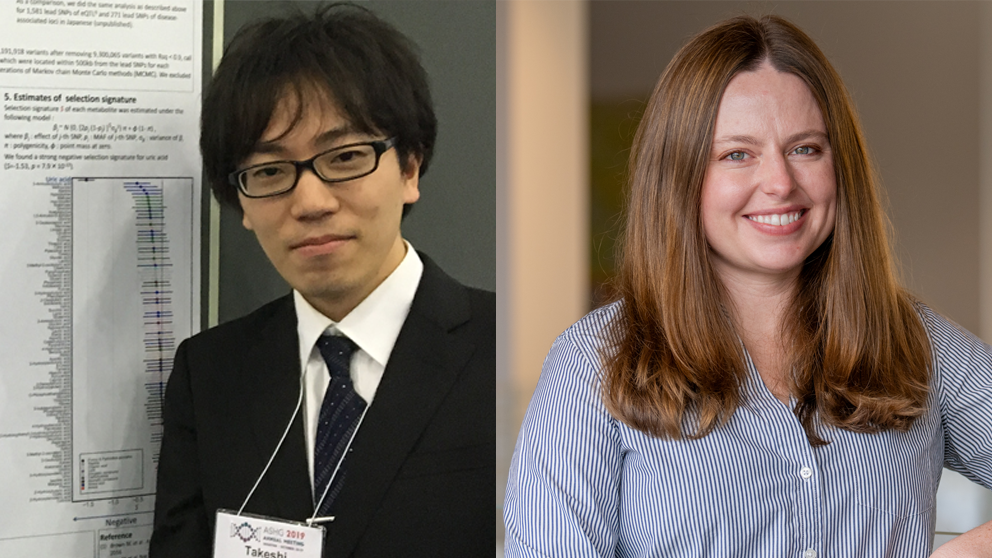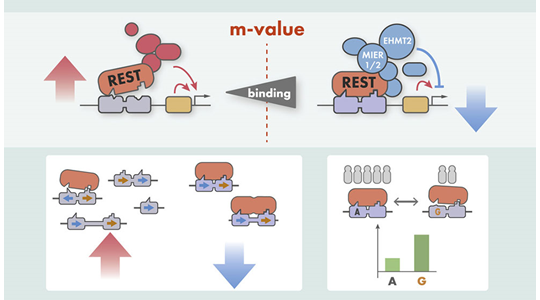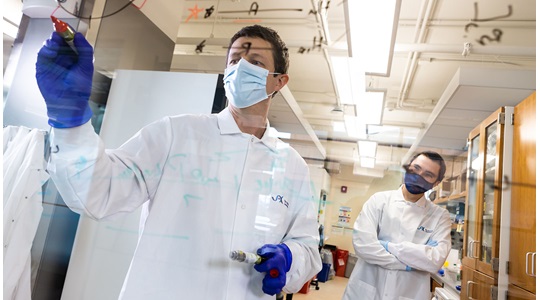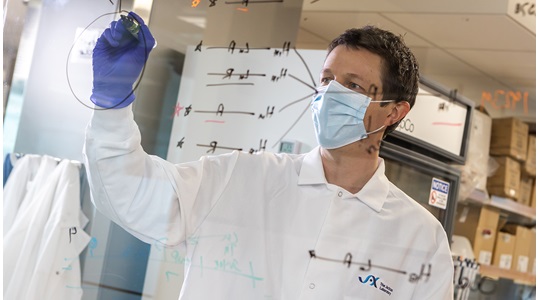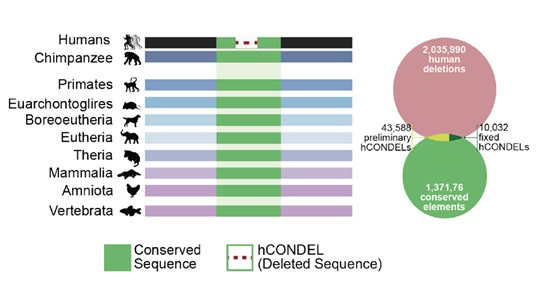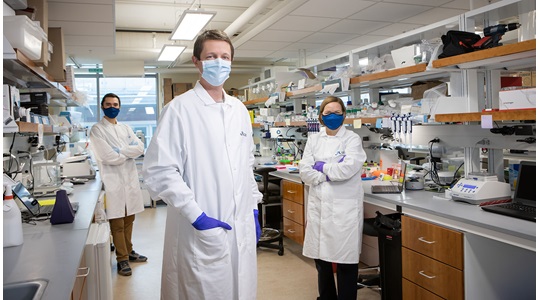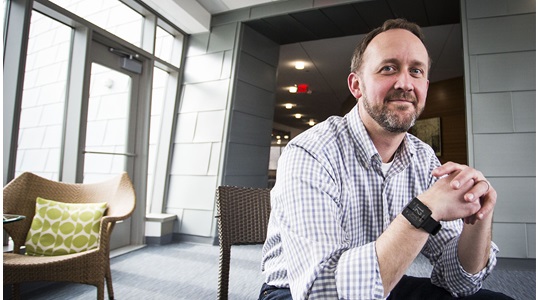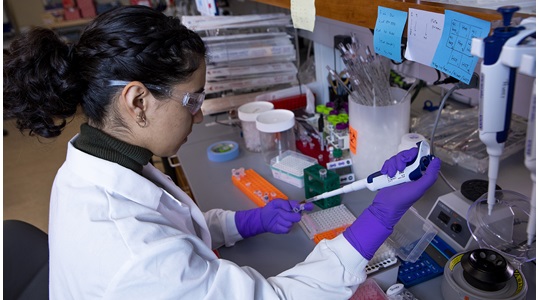Ryan Tewhey, Ph.D.
Associate Professor
Identifying the precise genetic mechanisms for complex traits and disease risk
The past decade has seen a transformational change in our understanding of the human genome and the role it plays in influencing disease risk. Large-scale projects such as Encyclopedia of DNA Elements (ENCODE) have identified which non-coding regions correlate with gene regulatory function. Furthermore, the proliferation of genome wide association studies (GWAS) and scans for recent positive selection have identified thousands of loci that influence human health. Taken together, these efforts show the predominant contributors of heritability for complex phenotypes are common polymorphisms that reside within non-coding regions of the genome. However, despite our progress in mapping cis-regulatory elements (CREs) and genetic signatures correlated with disease, very few examples exist that mechanistically link genotypic variation to disease risk. This gap in our understanding is based on our inability to understand the sequence context of active CREs and their targets, without which it is difficult to identify single nucleotide variants that directly modulate gene expression. Thus, given the correct technological advances each disease association can become an untapped entry point that has the potential to transform our understanding of disease etiology.
The mission of our research group is to (1) characterize and learn the grammar of cis-regulatory elements, in both mouse and human models, using novel technological approaches such as high-throughput reporter assays and CRISPR based screens of non-coding regions in the genome. (2) Build upon the knowledge from genome wide association studies and leverage this resource of genetic risk to disease in human populations to construct better animal models that precisely reflect disease phenotypes.
Education and experience
Education
2007-2012 University of California, San Diego. La Jolla, CA.
Ph.D. Biological Sciences
2001-2005 University of Maine. Orono, ME.
B.S. Molecular and Cellular Biology & Biochemistry.
Research Positions
2017-Present Assistant Professor, The Jackson Laboratory
2017-Present Faculty, University of Maine, Graduate School of Biomedical Science and Engineering
2018-Present Assistant Professor, Tufts University, Department of Medicine
2012-2017 Postdoctoral Fellow, Harvard University
2012-2017 Postdoctoral Scholar, Broad Institute of MIT and Harvard
2008-2012 External Graduate Student, The Scripps Research Institute, Scripps Translational Science Institute
2007-2012 Graduate Student, University of California, San Diego, Division of Biological Sciences
2010 EAPSI Fellow, Genome Institute of Singapore
2005-2007 Research Associate, Broad Institute of MIT and Harvard, Program in Medical and Population Genetics
Honors & Funding
2017-Present NIH ENCODE Characterization Center
2014-Present NIH/NHGRI K99/R00 Pathway to Independence Award
2016 Charles J. Epstein Award, American Society of Human Genetics
2010 NSF-EAPSI Fellowship (co-funded by A*STAR)
2005 Presidential Pin, University of Maine
2002 Richard P. Fournier Memorial Scholarship, University of Maine
2001 Hugh O’Brian Youth Leadership Scholarship, University of Maine
